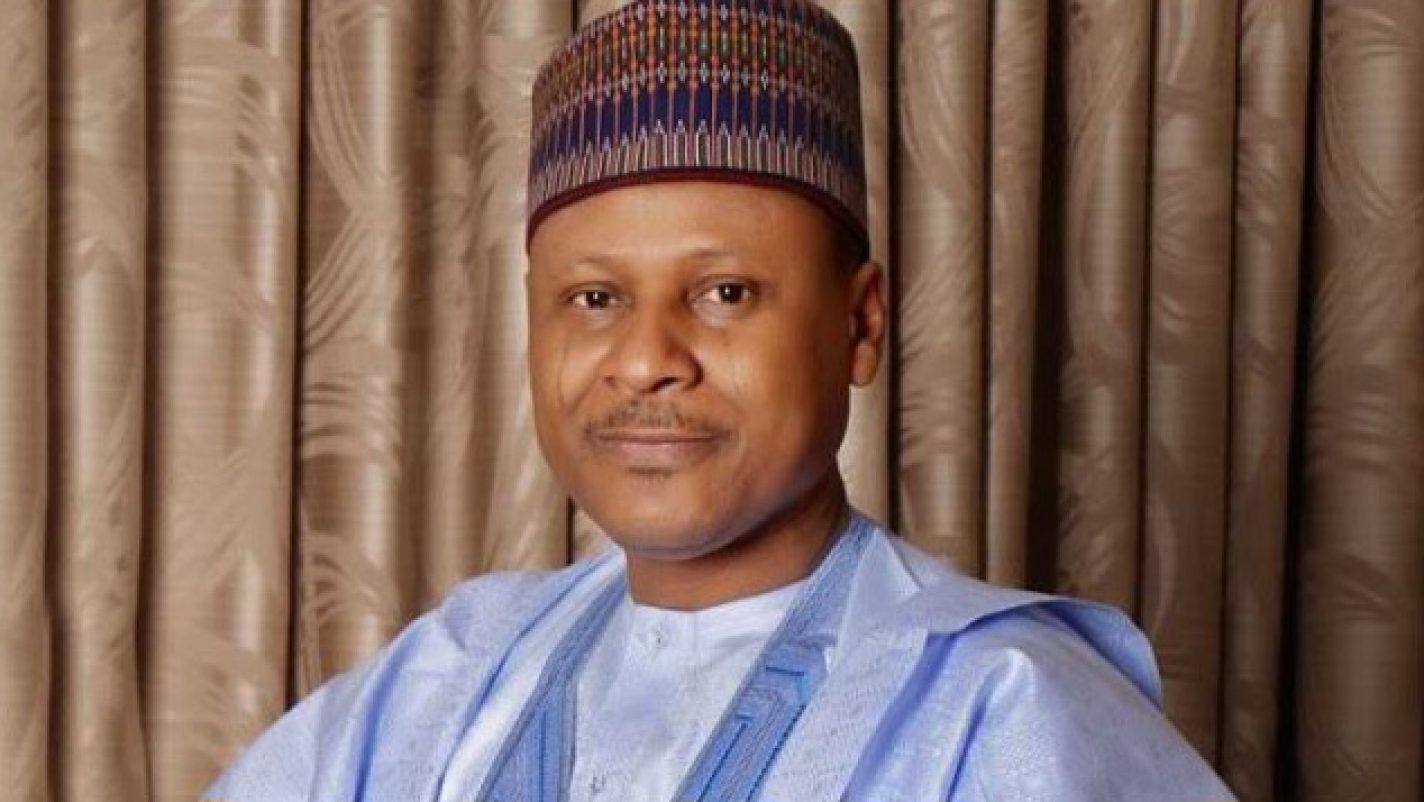
The Federal Government has said that about 85 per cent of Nigerians still enjoy the electricity subsidy in the country, despite the over N1tn that would be saved from the fresh tariff hike.
It stated this in response to the continued reactions from Nigerians over the increment in electricity tariff recently announced for Band A customers by the Nigerian Electricity Regulatory Commission.
The NERC had on April 3 announced the tariff increment for Band A power consumers from N68 to N225 per kilowatt-hour with immediate effect.
The regulator had said the new tariff signified a removal of electricity subsidy for Band A consumers who constitute about 15 per cent of the total number of power users across the country.
However, in a statement issued by his Special Assistant (Media), Rabiu Ibrahim, on Saturday, the Minister of Information and National Orientation, Mohammed Idris, said 85 per cent of the Nigerian population who fall under different categorisations of the new electricity supply regime still enjoy the subsidy.
According to the statement, the minister spoke as a guest of the popular Hausa audience participatory programme of Radio Nigeria Kaduna called “Hannu Da Yawa” in Kaduna on Saturday.
He said the disproportionate amount of electricity subsidy, approximately 40 per cent, was benefiting only about 15 per cent of the electricity consumer population, comprising affluent individuals and industrial clusters, who enjoy about 20 hours of electricity.
The statement read in part, “Minister of Information and National Orientation, Mohammed Idris, has said that the over N1tn that would be saved from the withdrawal of electricity subsidy will be reinvested in improving power supply and the provision of social services for the country.
“Idris emphasised that 85 per cent of the population who falls under the different categorisations of the new electricity supply regime still enjoys the subsidy.”
The minister further stated that the new Electricity Act, signed by President Tinubu, had strengthened the governance structure of the Nigerian Electricity Regulatory Commission and empowered the agency to place severe sanctions on electricity distribution companies for infractions relating to billings and supply of electricity to consumers.













